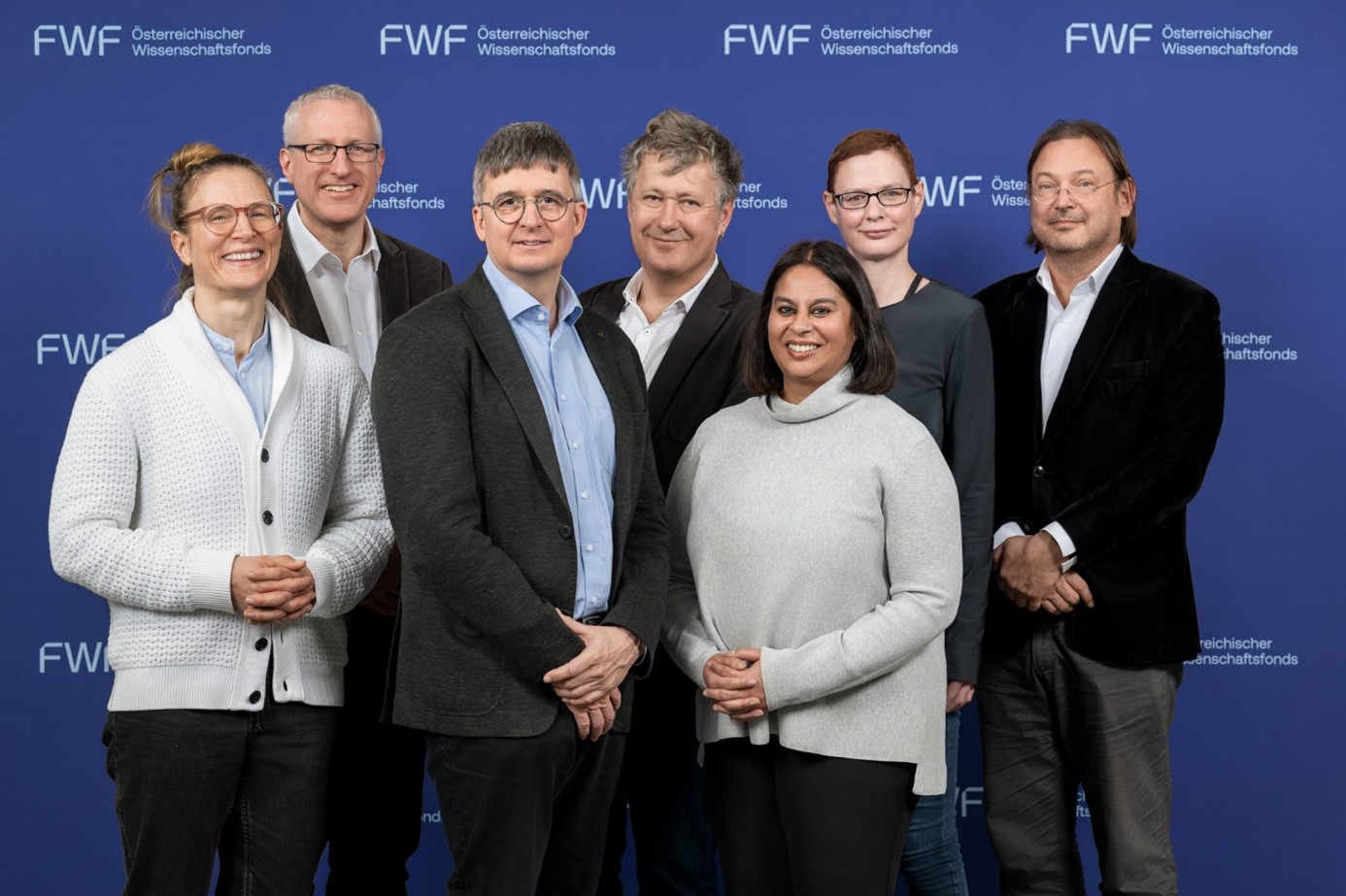
The Austrian Science Fund (FWF) has awarded the Resilience and Malleability of Social Metabolism (REMASS) project funding of over six million euros for the next five years. This is an important milestone for this new field of research, which is being carried out by scientists from several Austrian institutions including IIASA.
The increasing use of natural resources fuels global warming, pollution, and biodiversity loss, while ongoing crises like wars, pandemics, and climate extremes pose threats to global supply chains. Understanding how these crises impact resource consumption, sustainability, inequality, and social wellbeing is crucial.
REMASS is dedicated to addressing these uncertainties through innovative methodologies in researching societal metabolism, which refers to how we extract, use, and dispose of resources and energy to meet our needs. The project is led by the University of Natural Resources and Life Sciences (BOKU) and includes scientists from IIASA, the Vienna University of Economics and Business (WU Vienna), the University of Vienna, the Central European University (CEU), and the Complexity Science Hub (CSH).
“Our research investigates the resilience of resource utilization and strategies for fostering sustainability,” says Helmut Haberl, a researcher at BOKU and REMASS coordinator. “Our interdisciplinary project offers insight into revealing tipping points that guide us towards a path of improved sustainability and justice."
“We aim to provide a strong scientific foundation to uncover responses to disruptions that can be turned into leverage points for more just and sustainable transformations of production, trade, and consumption patterns,” explains Shonali Pachauri, IIASA Transformative Institutional and Social Solutions Research Group Leader and REMASS co-coordinator.
REMASS aims to establish a comprehensive database on society's metabolism, enabling the application of big data methodologies from complexity science. Through this, the team of researchers can quantify the resilience of metabolism against disruptions in supply chains. Focusing on food, housing, and mobility, the project analyzes the adaptability of resource utilization and its impact on social wellbeing. By identifying key actors, decision-making processes, and power structures, REMASS aims to offer valuable perspectives into these important supply systems.
For instance, how does a decrease in meat consumption affect human wellbeing and the system? What are the implications of replacing concrete with wood in the construction industry on society's metabolism? Furthermore, what are the repercussions of the rising demand for lithium driven by e-mobility on other sectors?
“Our findings will serve as key inputs to international assessments at the interface of science and policy, such as the United Nations International Resource Panel and the Intergovernmental Panel on Climate Change,” concludes Pachauri.
REMASS-Team
Helmut Haberl, University of Natural Resources and Life Sciences
Stefan Giljum, Vienna University of Economics and Business
Fridolin Krausmann, University of Natural Resources and Life Sciences
Shonali Pachauri, IIASA
Anke Schaffartzik, Central European University
Cornelia Staritz, University of Vienna
Stefan Thurner, Complexity Science Hub
More information (in German)
News

04 July 2024
ALFAwetlands: assessing mid-term project milestones

26 June 2024
Wavelet phase difference and granger causality: Evidence connecting phase difference inference to granger causality

21 May 2024


